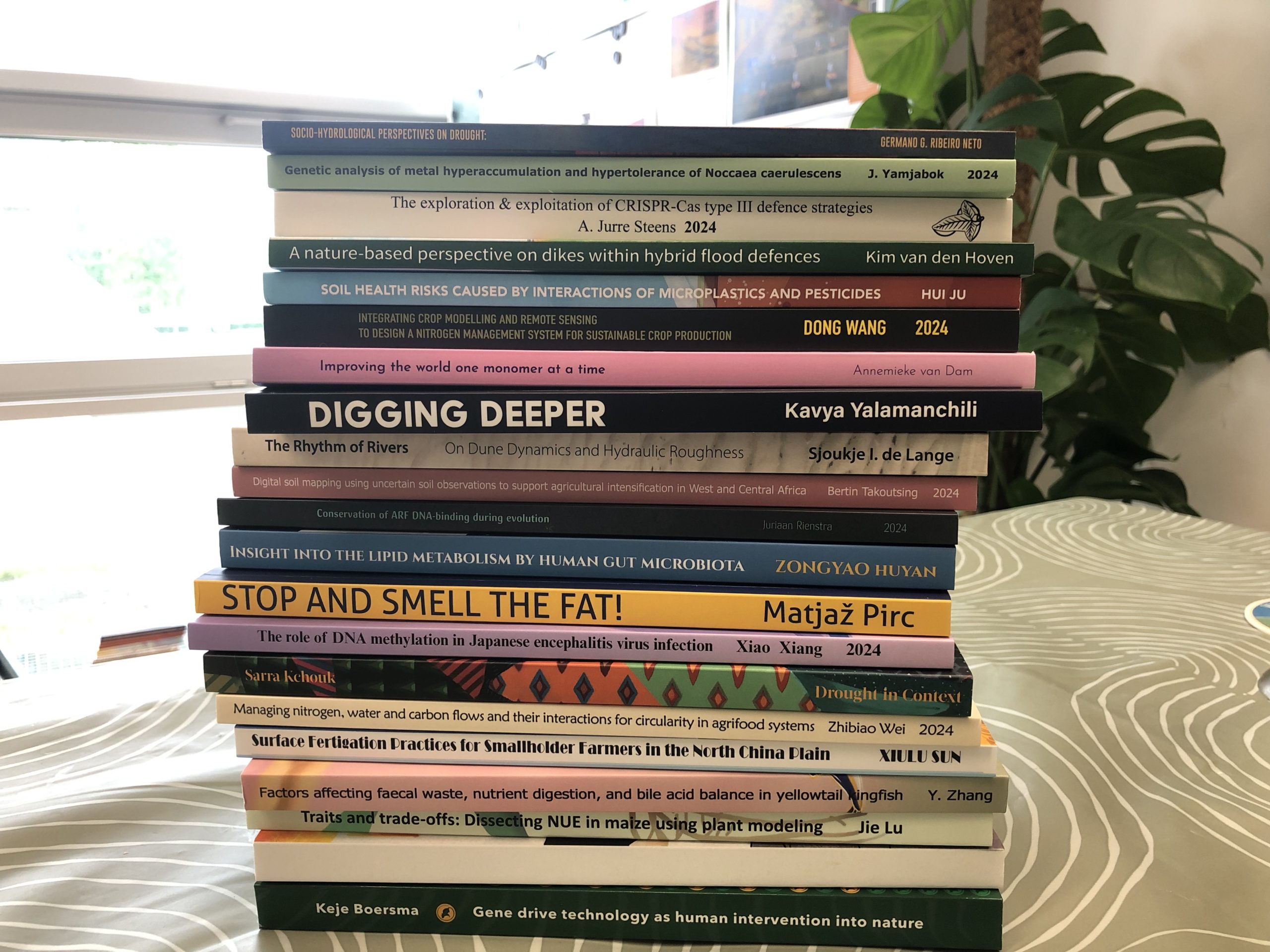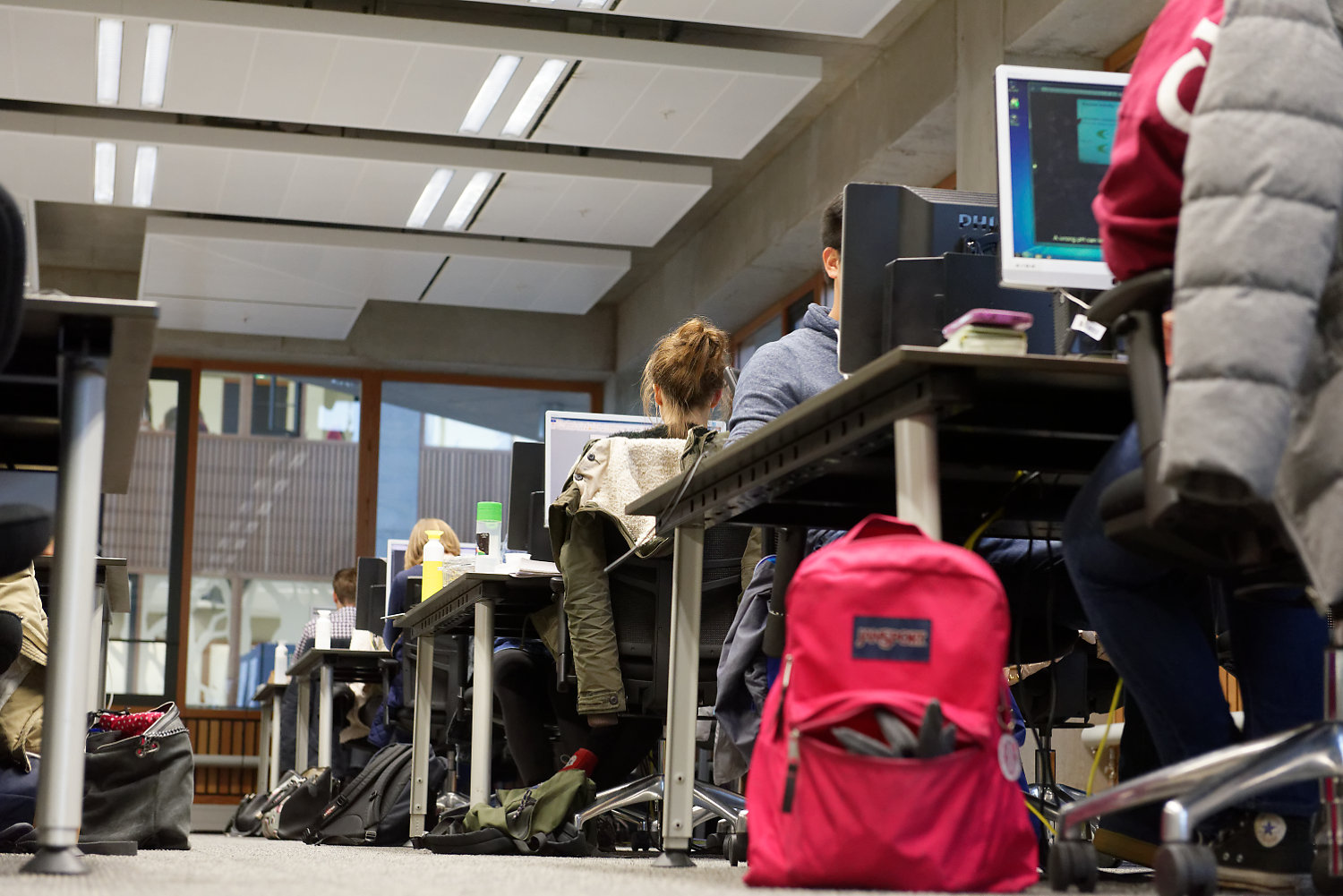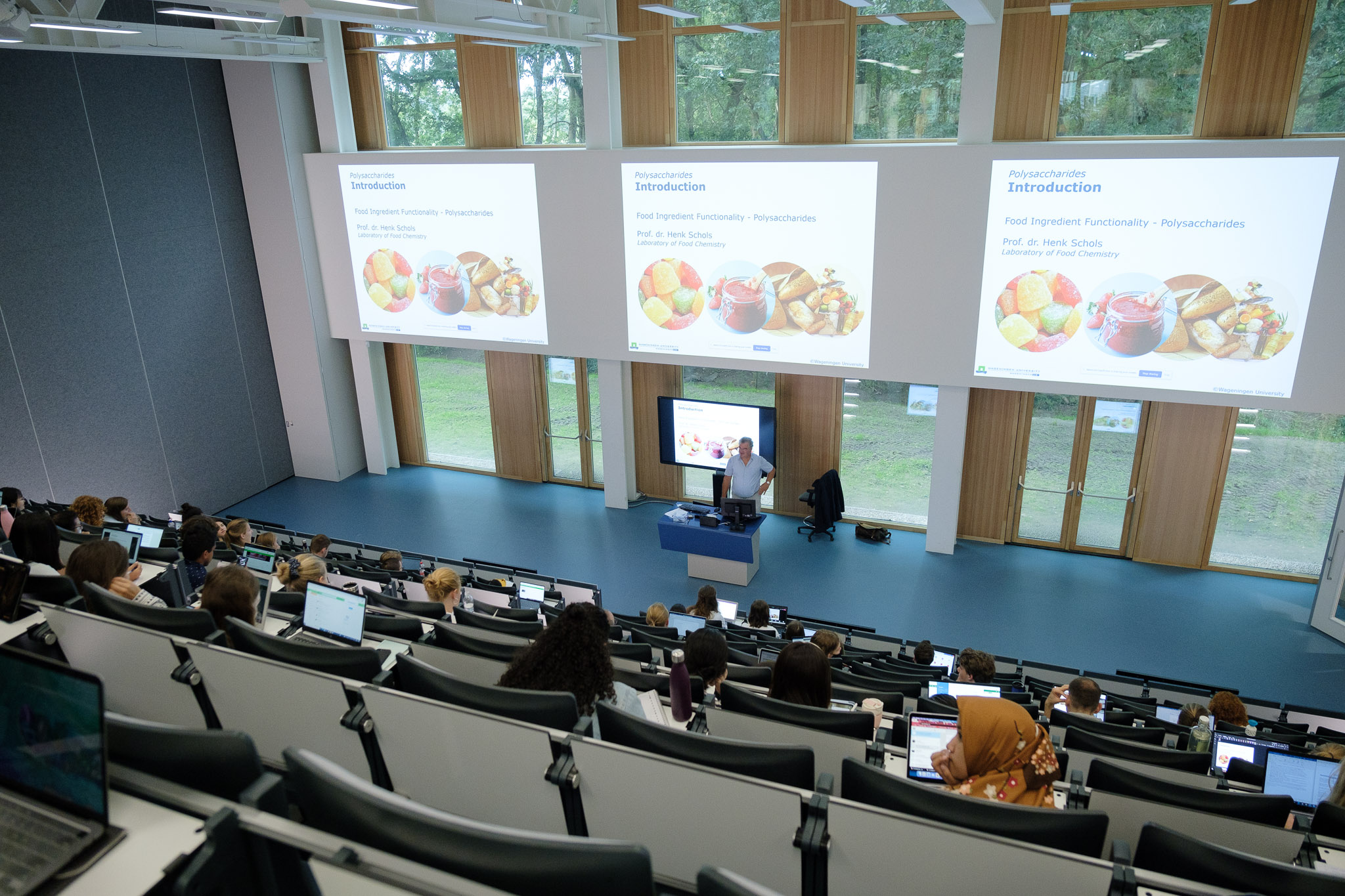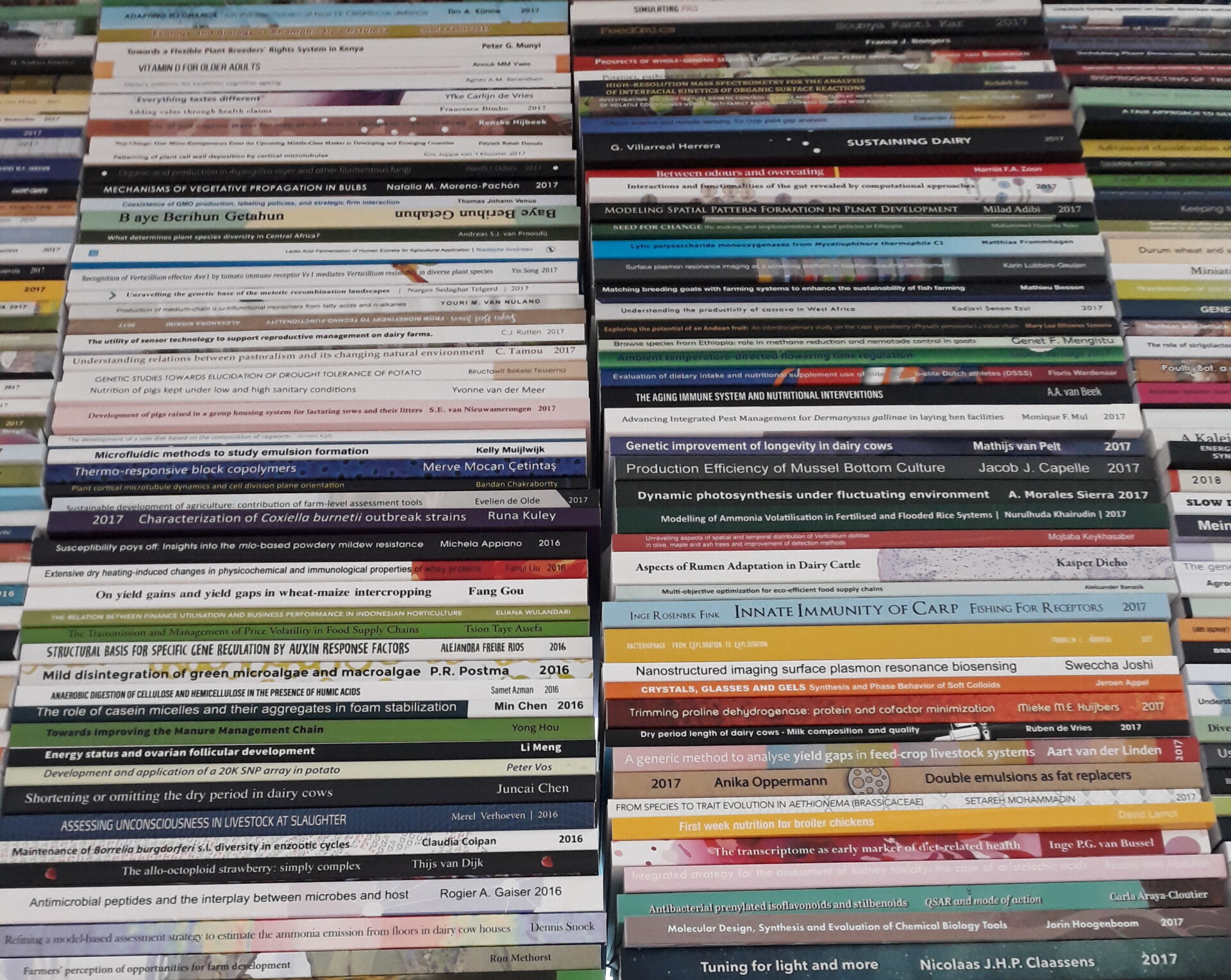More than 250 PhD students receive their PhDs at WUR every year. It is impossible to describe and summarize all these theses. In the column ‘PhD theses in a nutshell’ the selection of our science editors is briefly presented.
Seagrass grazers
Tropical seagrass beds are under pressure: various stress factors can disturb the balance between the seagrasses and the enormous diversity of animals that graze on them. Fee Smulders explains how climate change and fluctuations in the grazing behavour of large sea creatures and invasive species affect the way the seagrass beds function – thereby having direct consequences for important ecosystem services provided by the beds, such as carbon sequestration. She concluded that nature conservation should not therefore focus on a single species of seagrass grazer, but on the conservation of the habitat as a whole. Resource wrote about Smulders’ research last year when she conducted a trial in Burgers’ Zoo in Arnhem, fitting a Caribbean manatee with an underwater camera.
Herbivores shape the seascape
Fee Smulders. Supervisors Marjolijn Christianen, Liesbeth Bakker and Ingrid van de Leemput
Entrepreneurial education
University students need to develop their entrepreneurial capacities. The question is how education can contribute to that. Mohammadreza Farrokhnia put together guidelines for creating higher education courses on entrepreneurship. Amongst other things, he created pedagogical models that teachers can use in brainstorming sessions with students in order to guide them through the three key stages of entrepreneurship: activation, developing ideas and evaluating ideas.
Fostering entrepreneurial opportunity identification capability in higher education.
Mohammadreza Farrokhnia. Supervisors Harm Biemans and Omid Noroozi
Plant-based infant formula
There are numerous plant-based alternatives to milk for adults and children, but not for infants. Jiaying Tang researched whether peas, quinoa and faba beans can be used as a source of protein in infant formula. She then looked at how the structure of soya and pea protein changes on heating, and how these proteins behave in the gastrointestinal tract of infants. Whether the proteins are heated to higher or lower temperatures makes a difference to the final structure of the molecules and therefore to differences in the digestion of them.
Heat-induced structural modifications of plant proteins: Implications for peptide pattern and bioactivity after infant digestion.
Jiaying Tang. Supervisors Kasper Hettinga and Harry Wichers

 A pile of PhD dissertations. Photo Resource
A pile of PhD dissertations. Photo Resource 

